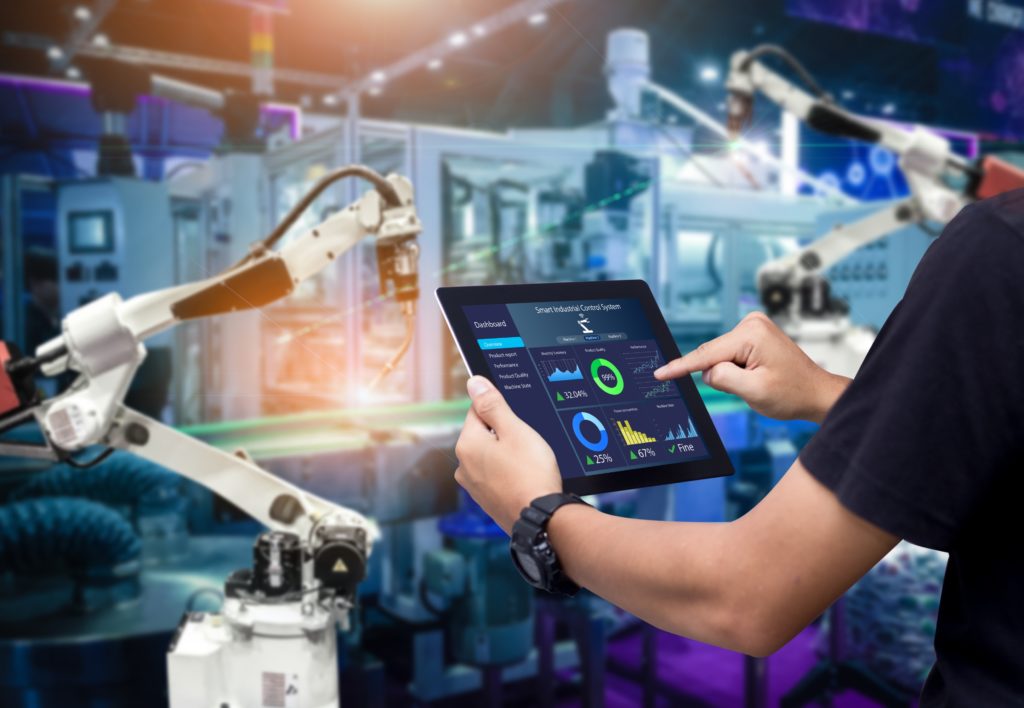Design your own logistics
To move your cargo from its current location through customs to its final destination we will partner with you to find the best way for your business.






The Investigational Device Exemption or IDE is the one submission where you are not asking to get your product to market. Instead, this is the submission where you are asking for FDA approval to conduct clinical research on your investigational device.
In an IDE, you're collecting clinical safety and effectiveness evidence, as part of your overall valid scientific evidence, that you plan to include in a future marketing application. Clinical studies will typically require FDA approval as well as approval by an Institutional Review Board (IRB), with the goal of protecting the safety of patients as much as possible during the research being proposed.
Clinical studies are most often conducted to support a Premarket Approval (PMA). Only a small percentage of Premarket Notifications (510(k)) require clinical data to support the application. Investigational use also includes clinical evaluation of certain modifications or new intended uses of legally marketed devices. Investigational use also includes clinical evaluation of certain modifications or new intended uses of legally marketed devices. All clinical evaluations of investigational devices, unless exempt, must have an approved IDE before the study is initiated.
An Investigational Device Exemption permits a device that would otherwise be required to comply with a performance standard, or to have premarket approval, to be shipped lawfully for the purpose of conducting investigations of that device. Simply, an IDE is a regulatory submission that permits clinical investigation of devices. Approved IDEs are exempt from regulations pertaining to misbranding, registration, performance standards, 510(k), PMA, Humanitarian Device Exemption (HDE), Good Manufacturing Practices (GMPs) except design controls, color additive requirements, banned devices, and restricted device requirements.
Who Must Apply for an IDE
The sponsor of the clinical trial is responsible for submitting the IDE application to the FDA and obtaining Institutional Review Board (IRB) approval before the study can begin. Foreign companies wanting to conduct a clinical study in the U.S. MUST have a U.S. sponsor. Under certain circumstances, the clinical investigator may wish to submit an IDE and would, therefore, also act as the sponsor of the study.
When to Apply
Study approval must be obtained PRIOR to enrolling patients at the study site. Each site must have approval from the reviewing IRB for that site prior to beginning the study. For significant risk device studies, in addition to IRB approvals, the sponsor must also have an approved IDE from FDA prior to beginning the study at any site. The review of applications by the FDA and the IRBs are independent and, therefore, may be submitted simultaneously.
Import
A person who imports or offers to import an investigational device shall be considered an agent for the foreign exporter and shall either act as the sponsor of the clinical investigation or ensure that another person acts as the agent and the sponsor of the investigation. That is, the sponsor of an IDE MUST be located in the United States. Any investigational device imported into the U.S. must be labeled and used in accordance with FDA regulations.
Exempt Studies: No IDE Needed
Exempt studies are outlined in the Code of Federal Regulations in 21 CFR Section 812.2(c). So those devices that do not require an IDE are:
Not exempt from the IDE
Non-Significant Risk
Non-Significant Risk studies do not require the submission of IDE to FDA. But they are subject to abbreviated requirements such as labeling, IRB approval, informed consent, monitoring, some reporting and prohibition on promotion. For Non-Significant Risk studies, the IRB serves as the FDA surrogate for review, approval and continuing review of these studies. And an NSR study can start at the institution as soon as the IRB reviews and approves the study.
Significant Risk
Significant Risk is a term defined in the regulation in 21 CFR Section 812.3(m). It’s a device that presents a potential for serious risk to the health, safety and welfare of a subject, and is an implant, or used in supporting or sustaining human life, or of substantial importance in diagnosing, curing, mitigating or treating disease or preventing impairment of human health, or otherwise poses a risk. For Significant Risk studies, the study cannot begin until an IDE is submitted and approved by the FDA.
Guidance on customs & logistics solution for traditional and e-commerce importers and exporters
Importer Security Filing (ISF)
An ISF is required when cargo (ocean only) laden on vessel at a foreign port is destined for shipment to the U.S. Under ISF rule, some importing information and details regarding cargo must be transmitted to the CBP at least 24 hours before goods are loaded onto the vessel.
Customs Clearance
All goods imported into the U.S. are required to be declared to CBP. Our customs broker will help you stay in compliance with customs laws and regulations and clear your goods quickly and efficiently with our electronic Automated Commercial Environment (ACE) and Automated Broker Interface (ABI) Single Window System.
Freight Forwarding
Looking for a freight forwarding partner? To move your cargo from its current location through customs to its final destination we will partner with you to find the best way for your business. Whatever your transportation, logistics or customs clearance needs, we will do our best to customize a solution for your needs.
Warehousing & Distribution
Our warehouse facility offers great potential for serving as a regional hub with over 145,000 SF storage capacity close to Los Angeles Airport & Los Angeles/Long Beach Sea port. With our extensive experience in freight services, your import/export cargo will be handled quickly and effectively.
Section 321 Entry
Section 321 entry allows importing free of duty and tax for shipments imported by one person on one day having a fair retail value in the country of shipment not more than $800. We provide our resident and non-resident clients with dedicated ACE eManifest solutions for Section 321 entry of all modes of transportation.
Non-resident Importer Program
If you want to sell your products in U.S. marketplaces, but you are a business owner located outside of the U.S. and do not have an entity or presence in the U.S., you need to be established as a Foreign Importer of Record before your products can be imported into the U.S. We can help you.
E-Commerce
The Internet has made it easy to find and purchase items from almost anywhere in the world. Our e-commerce experts will help you find the right solution for your international transportation, customs clearance, and delivery to your final destination. We also provide value-added repackaging, warehousing and distribution services.
Design your own logistics
To move your cargo from its current location through customs to its final destination we will partner with you to find the best way for your business.